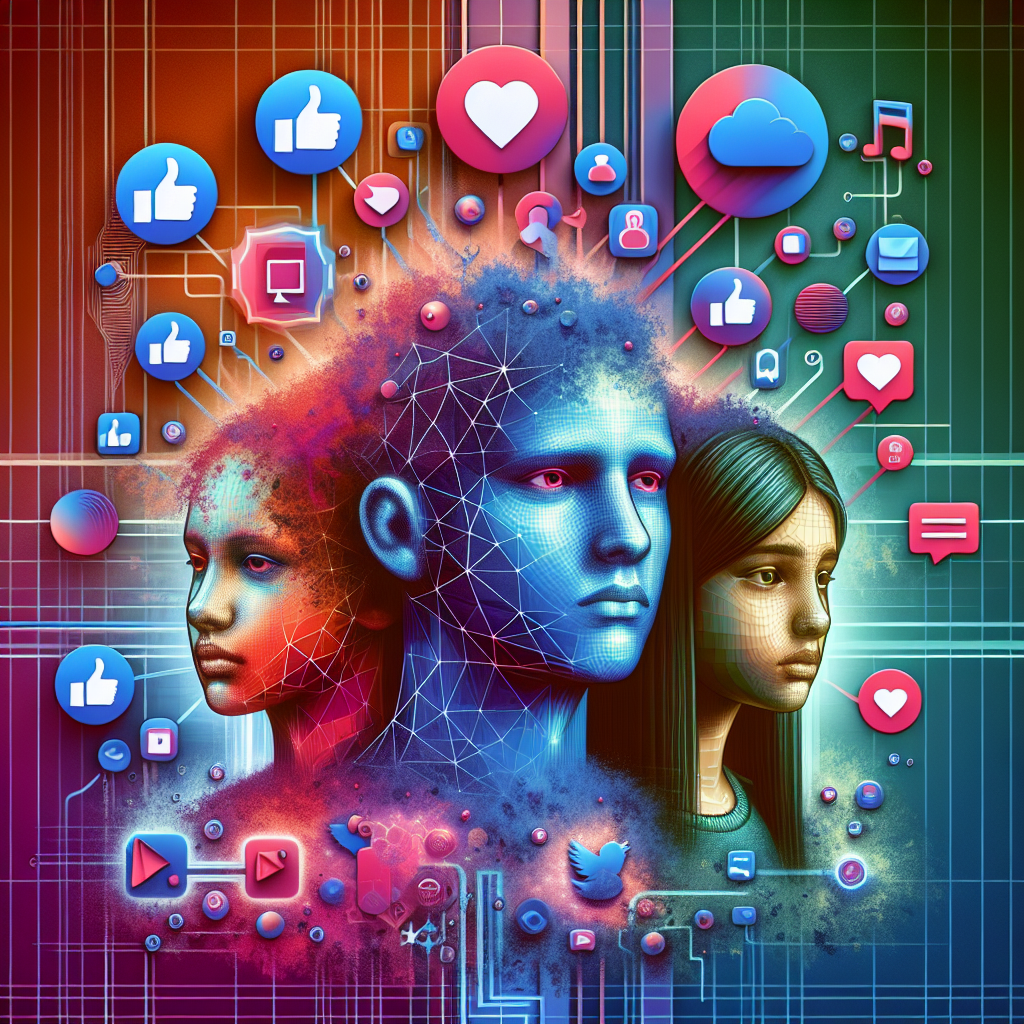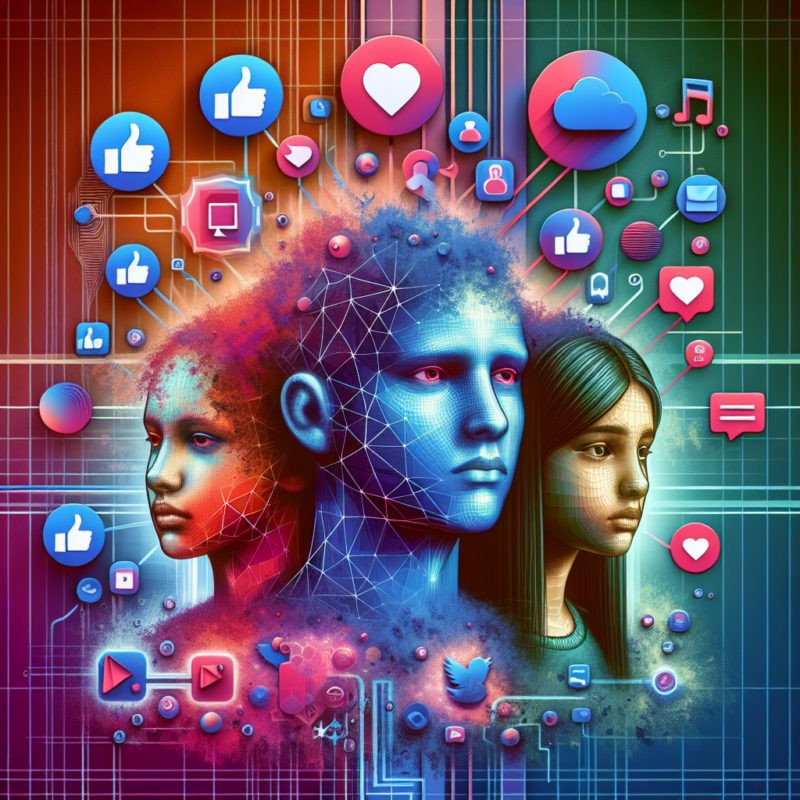Effect of TikTok and Instagram on Teenage Girls’ Psychological Health
Study shows Instagram and TikTok have more negative impact on girls’ psychological well-being than boys. Girls feel more observed and pressured.
“
A recent study conducted by Pompeu Fabra University (UPF) and the Universitat Oberta de Catalunya (UOC) delves into the impact of social media, such as Instagram and TikTok, on the psychological well-being of adolescents. The study reveals that girls, in particular, tend to view the influence of these platforms on their mental health more negatively than boys. The research suggests that this gender disparity may be linked to the fact that girls engage more intensively with social media, feel heightened scrutiny regarding their image and physical appearance, and seek external validation to a greater extent compared to boys.
Exploring various dimensions of adolescents’ social lives, the study emphasizes how social media affects a sense of belonging, self-expression, and overall well-being. This quantitative research, published in the journal Revista De Comunicación, is led by Mònika Jiménez and Mireia Montaña from UPF and UOC, respectively, who are prominent investigators in the field of Communication and Media studies.
The study involved a survey of 1,043 Spanish teenagers aged 12 to 18, with a near-equal distribution of boys and girls. The participants were users of TikTok and Instagram, with the majority indicating mixed sentiments about the impact of social media on different aspects of their social lives. Notably, while both genders rated various dimensions similarly, such as the ability to express themselves and socialize, they diverged significantly in their assessment of psychological well-being. Girls, in particular, scored lower in this aspect compared to boys.
The study highlights that adolescents generally perceive social media to have a neutral impact on their lives, with positive effects balancing out the negative ones. For instance, teenagers acknowledge the roles of social media in providing connections, support, and platforms for discussions with like-minded individuals. Moreover, the research underscores how being active users of these platforms correlates with a more positive view of their impact on social life, especially in terms of collective organization and group membership.
Analyzing the differences between TikTok and Instagram, the study points out that TikTok users value the platform for enabling authentic self-expression. However, it also cautions against the reinforcement of traditional gender roles and biases within the content and suggestions provided by the platform. Specifically, the algorithmic suggestions on TikTok’s For You page shape users’ perceptions and behaviors, influencing their understanding of social norms and gender roles.
Dr. Jiménez and Dr. Montaña emphasize the need for enhanced emotional education and critical thinking skills among teenagers, especially regarding their engagement with social media. They stress the importance of empowering adolescents to navigate the complexities of algorithm-driven content and make informed choices about their online interactions. By fostering a deeper understanding of the implications of social media on their well-being, young people can develop a more critical and nuanced approach to their digital experiences.
In conclusion, the study sheds light on the intricate relationship between adolescents, social media, and psychological well-being, underscoring the need for education and empowerment to navigate these digital landscapes effectively. As young people continue to be active participants in online platforms, it is crucial to equip them with the tools and knowledge to navigate the digital world responsibly and autonomously. The findings offer valuable insights into the evolving dynamics of social media interactions among teenagers and the imperative of promoting digital literacy and critical thinking skills in the younger generation.
Published on: 2025-03-31 20:54:00 | Author:
🔗 You may also like: More posts in Psychology & Psychiatry










